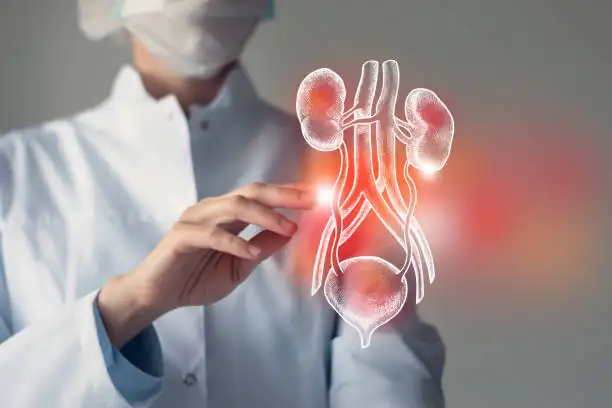
Urology
Modern surgery has advanced significantly, requiring surgeons to specialize in specific areas due to the vast knowledge and technical expertise involved. Urology is one of the ten recognized surgical specialties. It focuses on the diagnosis and surgical treatment of disorders related to the urinary tract in both men and women, as well as the male reproductive system.
